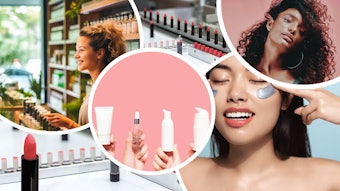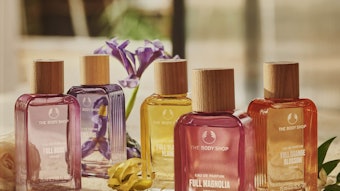
There are no current federal regulations in the United States on the accuracy and relevance of any company’s claimed sustainable actions. The Federal Trade Commission created Green Guides to help marketers avoid making environmental claims that mislead consumers, but the guides have not been updated since 2012.
The exaggeration or fabrication of sustainability impact or actions made by a company to appeal to its consumers is called blue-washing, interchangeably known as green-washing, and according to Beauty Heroes, it is a rampant issue in the beauty industry.
Related: Ensuring a ‘Green’ Personal Care Supply Chain
Data cited by Beauty Heroes reports that 40% to 70% of sustainability claims could be exaggerated, misleading or false. Beauty Heroes however did not specify the date of the study, the peer-reviewed journal that published the data or a sourced link to any study that confirms that claim.
The International Consumer Protection and Enforcement Network reported that national consumer protection authorities estimate that 42% of reviewed cases included claims that were exaggerated, false or deceptive and could potentially qualify as unfair commercial practices under European Union laws.
While laws about sustainability claims vary from country to country, the U.K.’s Competition & Markets Authority issued the Green Claims Code in September 2021 to address greenwashing and misleading claims that can impact consumer buying decisions. With the U.K.’s Green Claims Code in place, companies can be held criminally responsible if the claims are misleading or unsubstantiated.
Provenance is a U.K.-based sustainability technology platform that verifies sustainability and social impact claims made by companies, stores credibility scores on a blockchain and provides that information to the consumer. The platform has a retail partnership with Beauty Heroes to add credibility to the brand claims on the retailer’s ecommerce page.










